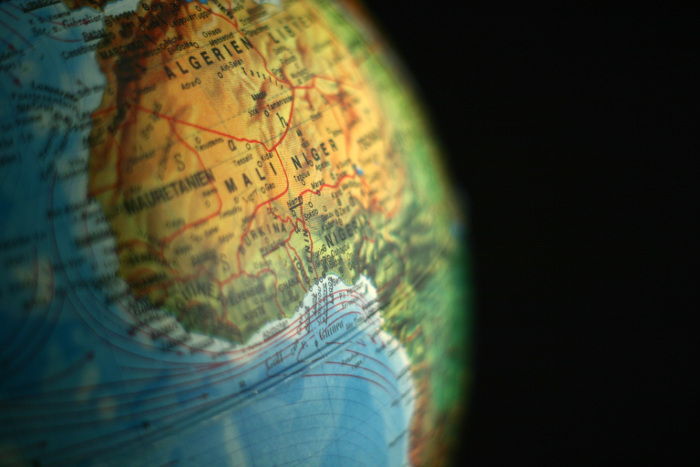-
25 August 2017
Category : Opinion
Locked in my country
Helen Pardo reflects on the migratory phenomenon and tells us about the difficulties being faced in Niger, one of the centres of operation for human trafficking networks

We are talking more and more about migration, but we don’t always have the necessary information that would allow us to understand the root causes that lead a group of people to voluntarily or forcibly change cities or countries; but if we think about it, forced migration and human trafficking have determined the history of humanity. That is the case of the colonisation period, when Europeans played the leading role in the slave trafficking business, exploiting between 10 and 15 million people from the same countries of origin as for large part of the migrants that, today, are trying to reach Europe.
Migration has also been a major presence in my life. My mother is Finnish and my father is Spanish, and in the last ten years I have lived in various countries in Europe, Asia and Africa. In my case, migration was motivated by a desire to learn and find new professional opportunities. Like thousands of other people, I wanted to have the chance to improve my quality of life.
Since March I have been working as the institutional coordinator in the ECI Niger project, which has allowed me to gain a deeper knowledge of the complex nature of migratory movements. In my last mission to Niamey, I was able to talk to a group of craftspeople I had met in 2009, when I was working for the Spanish Agency for International Cooperation for Development. They remarked that for the past couple of years they have been unable to obtain visas that would allow them to travel to Europe and sell their jewellery in crafts fairs. This situation, on top of the drop in the numbers of tourists visiting Niger and other countries in the region, is having a major impact on their families’ economies, impoverishing them and creating a great deal of frustration on the part of the craftspeople due to their inability to sell their wares. This is also the case of various young with whom I spoke who said that they had seen a reduction in opportunities to obtain study grants, to participate in exchange programmes or to acquire some type of work experience in Europe.
Despite these impediments, and considering that Niger is one of the leading centres of operation for human trafficking networks, the percentage of the Nigerien population that migrates to Europe is relatively low. These networks, connected to Europe, profit directly from the situation of vulnerability of thousands of migrants.
The Nigerien government is aware of this situation and is acting through the ECI project, funded by the EU Emergency Trust Fund, in the fight against organised crime and human trafficking. The Directorate-General of the National Police of Niger asserts that often the victims of human trafficking themselves are unaware that they are being trafficked, do not know their rights, and are in most cases exploited by the traffickers.
Helen Pardo is the coordinator of the ECI Niger project to fight against organised crime and human trafficking in Niger.
The views and opinions expressed in this blog are the sole responsibility of the person who write them.






